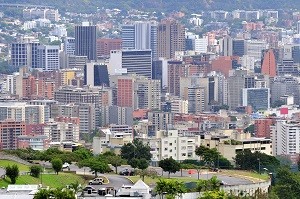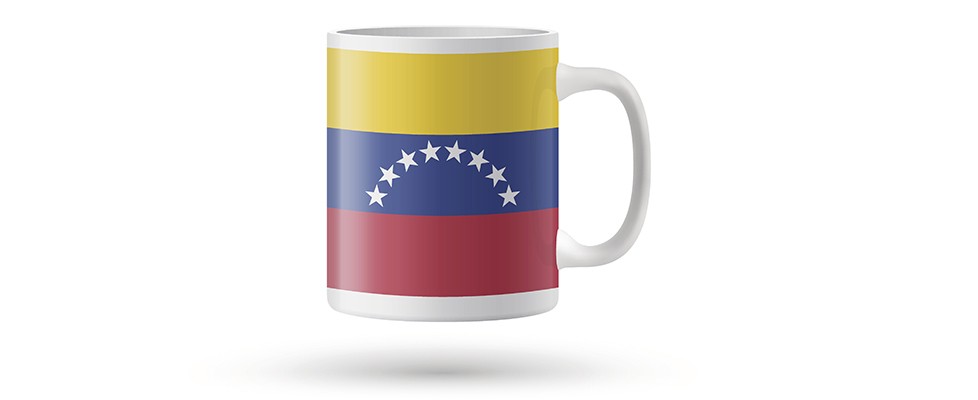Venezuela
Several socially-oriented organizations, including the Venezuelan Institute of Social Security (IVSS) and the Ministry of Popular Power for Health (MH) are responsible for providing healthcare to Venezuelan citizens. The IVSS is funded by employees, employers, and the government, whereas the MH is funded entirely by the three levels of government within the country. Both organizations operate in their own facilities. Private healthcare is also available throughout the country. This kind of care is paid for out-of-pocket or through purchased insurance plans. Since 1999, the Venezuelan healthcare system has undergone reform in the hopes of establishing a national public health system that would offer universal healthcare.
Healthcare Spending
Healthcare spending in Venezuela is among the lowest in all of South America. In 2012, a mere 4.7% of the country’s GDP was spent on healthcare expenditures. That amounted to $628 USD per person in the year of 2012. This is well below the regional average for the Americas, which was more than $3,500 USD in 2012. In 2011, The CIA World Factbook ranked Venezuela as 134th in the world when it came to healthcare spending. Unfortunately, the percentage of the GDP spent on healthcare has only decreased since then.
 Availability of Care
Availability of Care
The healthcare system in Venezuela is severely impaired by a shortage of care professionals. The most recent figures available are from 2001 and indicate that there were 1.94 physicians for every one thousand members of the population. However, reports indicate that the healthcare system has only deteriorated in recent years. In 2011, it was reported that there were 0.9 beds per every one thousand citizens. Although no one is turned away, there are simply not enough resources to provide adequate and timely care to all members of the population.
Life Expectancy & Mortality
In Venezuela, a female born in 2014 can expect to live 77.67 years. Longevity for Venezuelan males is significantly lower, at 71.26 years. The combined average life expectancy in the country is 74.39 years, a figure that is low even for South America. Countries such as Brazil, Chile, Colombia, and Argentina all have higher life expectancies. Communicable diseases in Venezuela are widespread and contribute to more deaths than in neighboring countries.
 Other Issues
Other Issues
Currently, the healthcare situation in Venezuela is dire. Patients are unable to receive time-sensitive care due to a severe lack of resources. Thousands of patients whose illnesses are actually curable suffer without any guarantee of hospital care. The situation is thought to be the result of government corruption and lack of organization. Before President Hugo Chavez died in 2013, sending the country into a downward economic spiral, prices of supplies in the country were inflated by 50% per year. The government did not make more money available to pay for the rising cost of supplies. In 2013, ill citizens asked the government to declare a state of emergency, which they did not. Since they have not kept records since 2010, it is also difficult to tell how many ill patients have been affected by the crisis.
